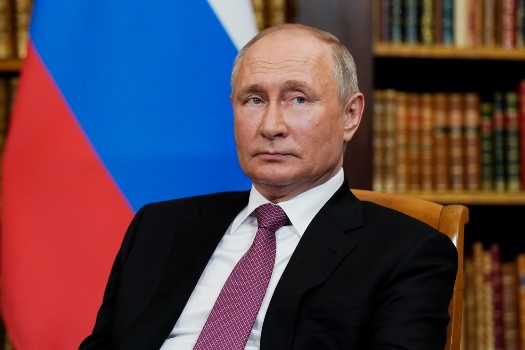The court has opened a wide-ranging probe into the PRISM program, sources close to the case revealed on Wednesday.
Prosecutors will investigate possible "fraudulent access and maintenance of and automated data processing system," the "illicit collection of data of a personal nature," "attacks on privacy," and "violations of the secrecy of correspondence," according to BFMTV.
In the wake of the Snowden affair, two human rights organisations earlier this summer lodged a complaint with the court, aimed at exploring whether a raft of American IT firms including Google, Yahoo and Apple had cooperated with US authorities to help them gather intelligence.
In a statement released at the time, the International Federation of Human Rights (FIDH) and the French League of Human Rights (LDH) attacked the mass surveillance of global communications by US intelligence services that was carried out "under the guise of the fight against terrorism and organised crime".
"This uncontrolled intrusion into people's lives is a significant threat to individual liberties and must be curbed at the risk of seeing the rule of law disappear. So the FIDH and LDH have asked a French court to open a judicial investigation into these matters," the statement said.
Lawyers said the groups had filed the 'complaint against X' in Paris. Under French law, such complaints allow investigators to pursue a wide-ranging probe against nine US firms as well as US intelligence agencies.
In the name of defending human rights, the organisations had believed a court process could clarify the roles played by IT giants like Microsoft and Google in the US PRISM surveillance programme.
Other firms the rights groups want French authorities to investigate are Facebook, YouTube, AOL, Paltalk and Skype. All the firms have denied any collaboration with US intelligence agencies.
“We have never seen such an infringement on individual freedoms, to such a large scale, from a foreign nation and it potentially affects all French citizens and all French internet users when they use Google, Microsoft, Apple, Skype and other companies,” Emmanuel Daoud, the lawyer for the two rights organisations told France Info radio.
Don't want to miss a story about France? – Then join The Local France on Facebook and Twitter.



 Please whitelist us to continue reading.
Please whitelist us to continue reading.
Member comments